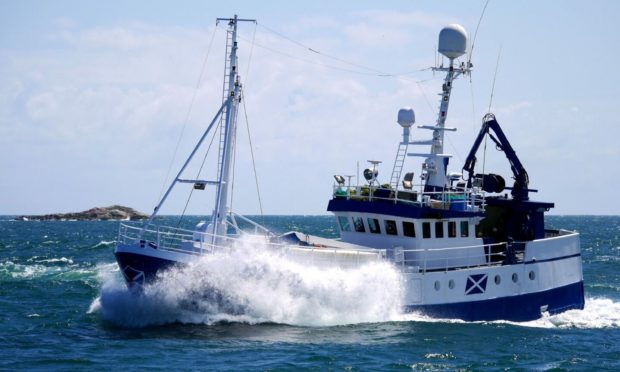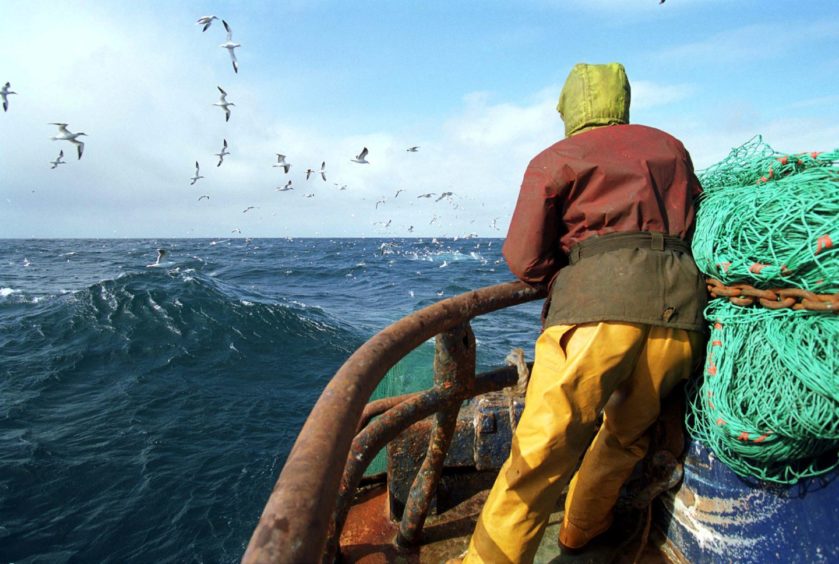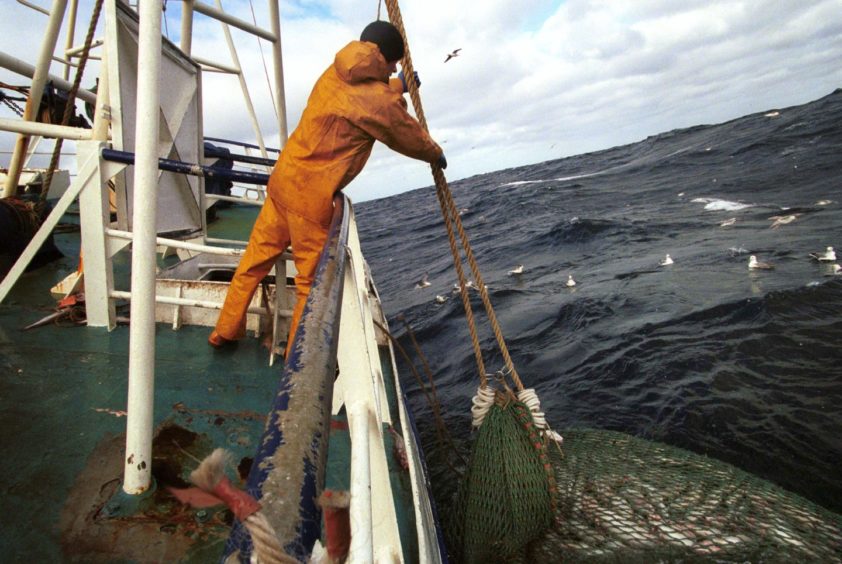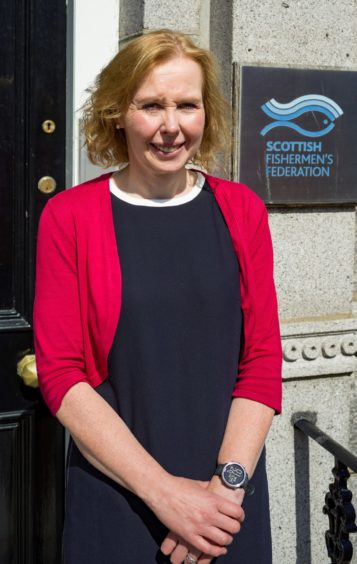White-fish stocks in Scottish waters have doubled in size over the past 20 years and are now at record levels, according to a new study.
The amount of these fish being caught – the fishing mortality rate – has declined markedly over the same period, the analysis shows.
These were among the findings of researchers at the NAFC Marine Centre, part of the University of the Highlands and Islands, in Scalloway, Shetland.
There are more fish in the sea than ever, and our boats are catching less than they have ever done.”
Simon Collins, Shetland Fishermen’s Association.
NAFC’s team studied data from the International Council for the Exploration of the Seas – a group of marine scientists whose annual stock assessments influence fishing policy around Europe.
The results prompted a swift call from Shetland Fishermen’s Association executive officer Simon Collins for Scottish and UK government ministers and civil servants to “resist the burgeoning and misguided campaign being waged by environmental NGOs (non-governmental organisations) on the fishing sector”.
Mr Collins said: “There are more fish in the sea than ever, and our boats are catching less than they have ever done. And yet if you listened to the headline seekers in the environmental NGOs, you would think there was a crisis of over-fishing and climate impacts.
“The simple truth is that, like all sectors, we have work to do on reducing our impact on the climate.
“But we have come an incredibly long way and are already a climate-smart industry when it comes to the impact on stocks, as this research shows.”
NAFC’s team found that, with inevitable fluctuations, the aggregate spawning stock biomasses of the principal white-fish stocks – the total weight of fish in a stock that are old enough to spawn – have increased since the early 2000s, with some growing by much greater amounts.
Meanwhile, the average fishing mortality rates of these stocks have more than halved over the same period and are now at their lowest ever level.
An industry under pressure
Industrial fishing around the world is under growing pressure amid often unfounded claims about its impact on stocks and the wider environment.
Earlier this year a controversial Netflix documentary – Seaspiracy – focused on the supposed dangers of fishing and called for an end to the consumption of fish. The film has been widely criticised for spreading vegan propaganda and numerous”falsehoods”.
More recently, the fishing industry has come under attack over its carbon footprint.
According to Scottish Fishermen’s Federation chief executive Elspeth Macdonald, this country’s catch sector can proudly boast a strong record on the environmental front.
Ms Macdonald said: “Wild-caught fish is already a climate-smart choice, with our industry producing healthy protein food with a much lower carbon footprint than meat and most vegetables.
“Our industry’s carbon emissions are tiny in comparison to those from households and land-based transportation. Of course, as with all sectors, there is more work we can do, and indeed only today (August 17) the UK Government has announced that it wants to accelerate the development of zero-emission vessels as part of its hydrogen strategy.
“We work with government to ensure we are protecting marine features, including key carbon sinks such as maerl beds, based on a robust process underpinned by evidence.
Our industry is committed to sustainability.”
Elspeth Macdonald, Scottish Fishermen’s Federation.
“That is the main reason that, contrary to what the NGOs allege, fish stocks in our waters are in such a healthy state, with for example the overall white-fish biomass at record high levels and catching (mortality) at an all-time low.”
She added: “Our industry is committed to sustainability; indeed healthy stocks can be harvested in a much more carbon-efficient way than unhealthy ones.
“We must not lose sight of the fact that we are producing food, and wild-caught fish are a far better choice in terms of carbon footprint than other protein sources.”



